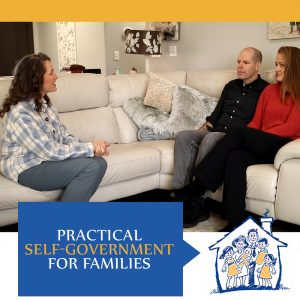But she won’t do it!
"What do you do if a child is punished with a chore and they refuse to do it (no matter how much time you spend in the same room with the child)? Child in question is 8 years old."
This sounds like a cause of much frustration in the home. I can imagine in would be.
One person can't MAKE another person want to follow an instruction. Each person has the responsibility to decide for herself.
That said, this is how I look at this situation. If a child earns a negative consequence, I do a corrective teaching (see steps). If the child will not accept the consequence she has earned by looking at me, staying calm, saying OK, following through with the consequence, and dropping the subject, then I know that she has chosen not to accept the consequence which she chose to earn.
When a child chooses not to accept a consequence, then they are choosing to earn another negative consequence. If they don't accept that consequence, then you know they are "out of instructional control." This means that she is choosing not to follow any instructions.
At this point I start the "Rule of Three". This is also described in the post about the four basics and steps.
She may decided to loose all of her privileges for 24 hours. That is OK, it is her choice. Just remember that if she choose to have 24 hours of no privileges, the time doesn't start until she is ready to follow instructions. (see four basics)
Some foster youth I had would choose to stay out of control for days. This really punishes them even more. But, they choose it. Then after the days of pouting etc, they would finally decide that nothing they did could change the fact that our home had a system of government, and the parents were going to follow it no matter what.
Her attitude should never be allowed to over-power the system in your home. If so, you are hurting the entire family, and teaching her that attitude problems help her get her way.
Stay consistent, and after a few weeks, she will change her paradigm about who really gets to choose her happiness. She should find that she does. This is the first step to choosing self government.






